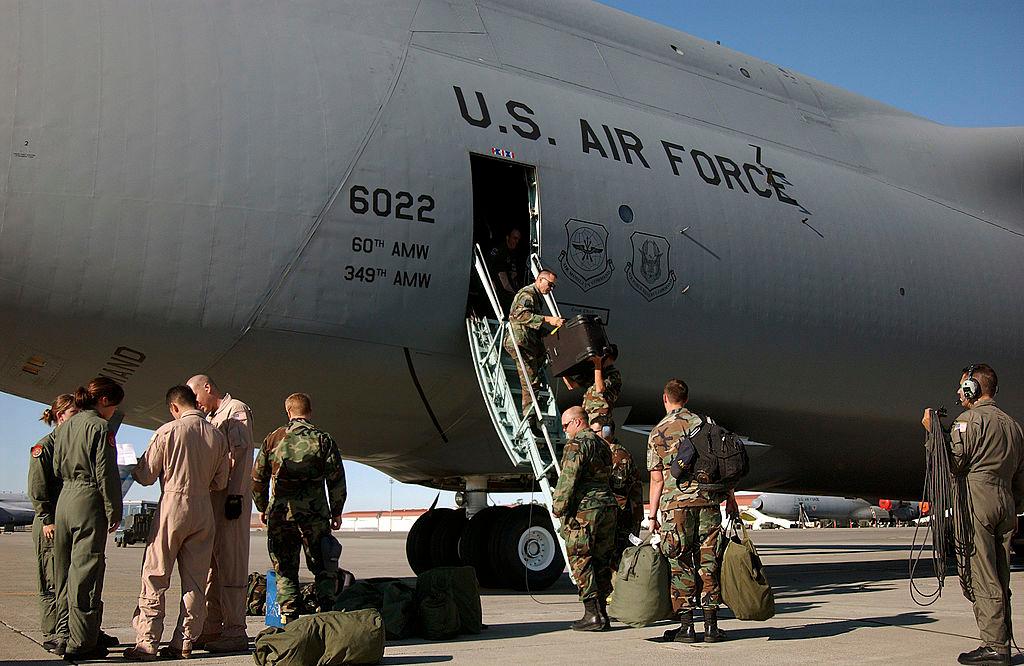The United States is planning to reclaim the Pacific island airfield—used for launching atomic bomb attacks on Japan during World War II—to counter communist China’s threat in the region, according to an Air Force general.
Gen. Kenneth Wilsbach, commander of Pacific Air Forces (PACAF), said the United States would increase construction efforts at the Tinian North Airfield, an island near Guam that hosted the largest B-29 bomber fleet during World War II.





